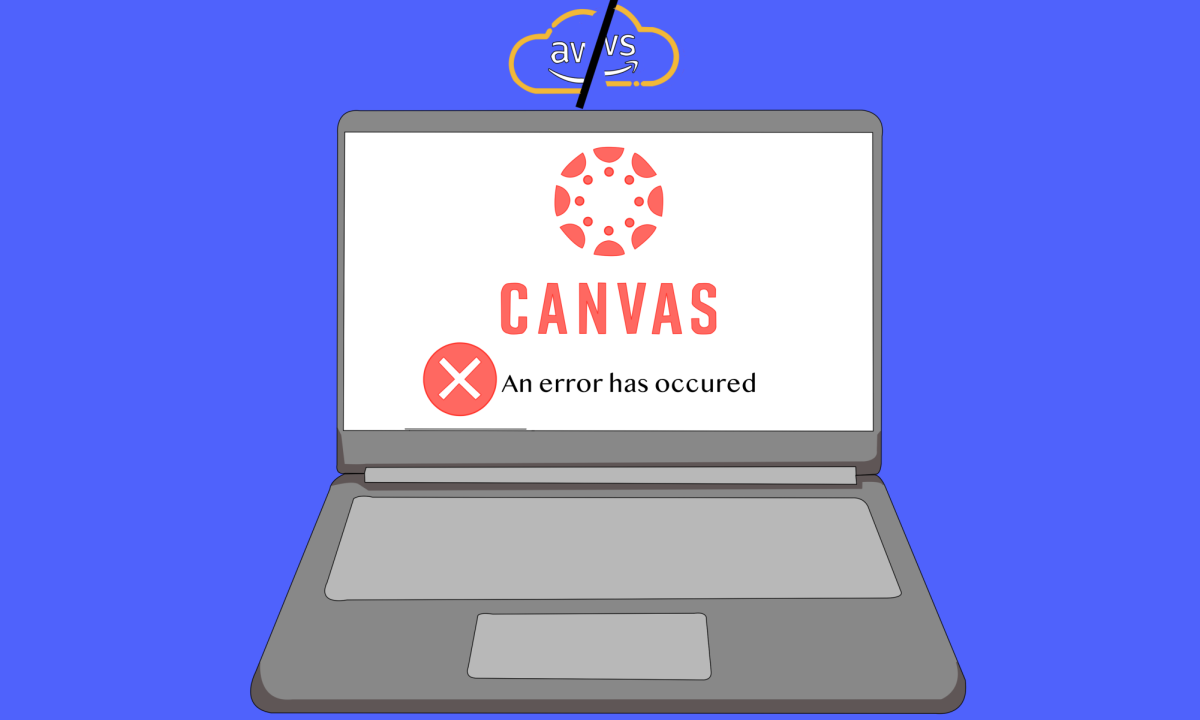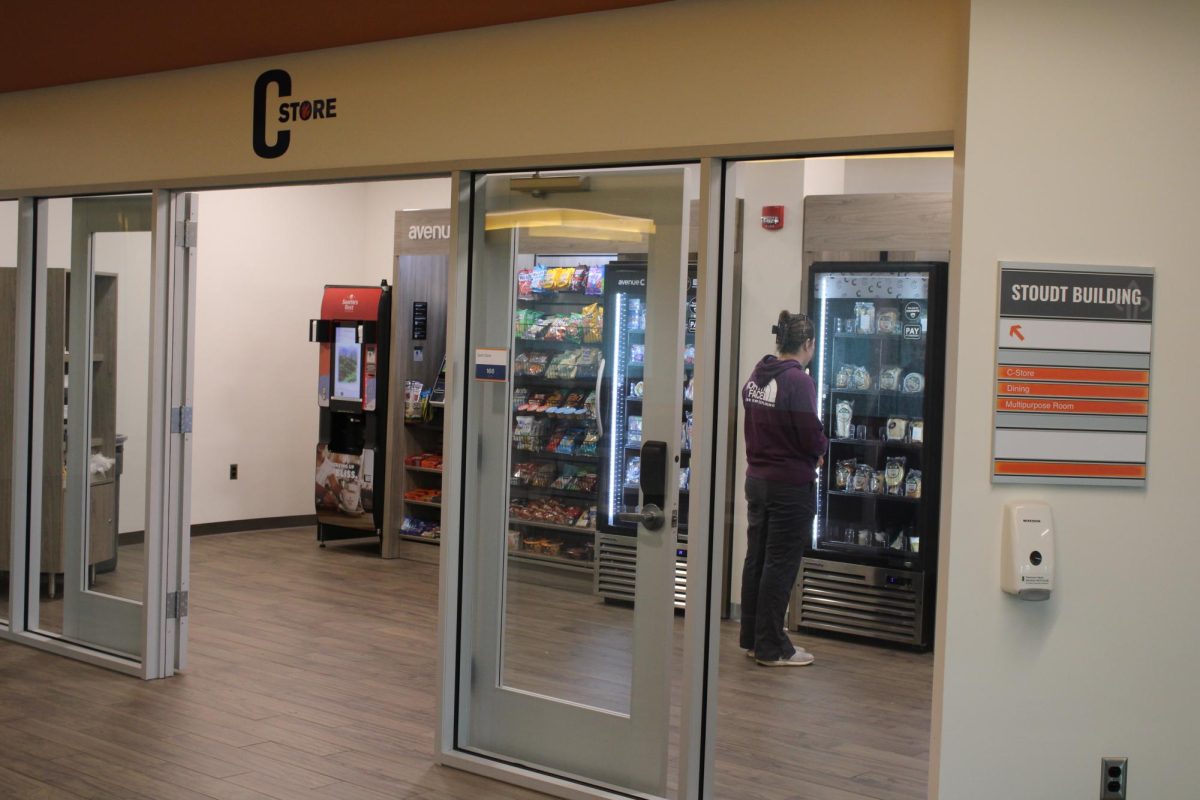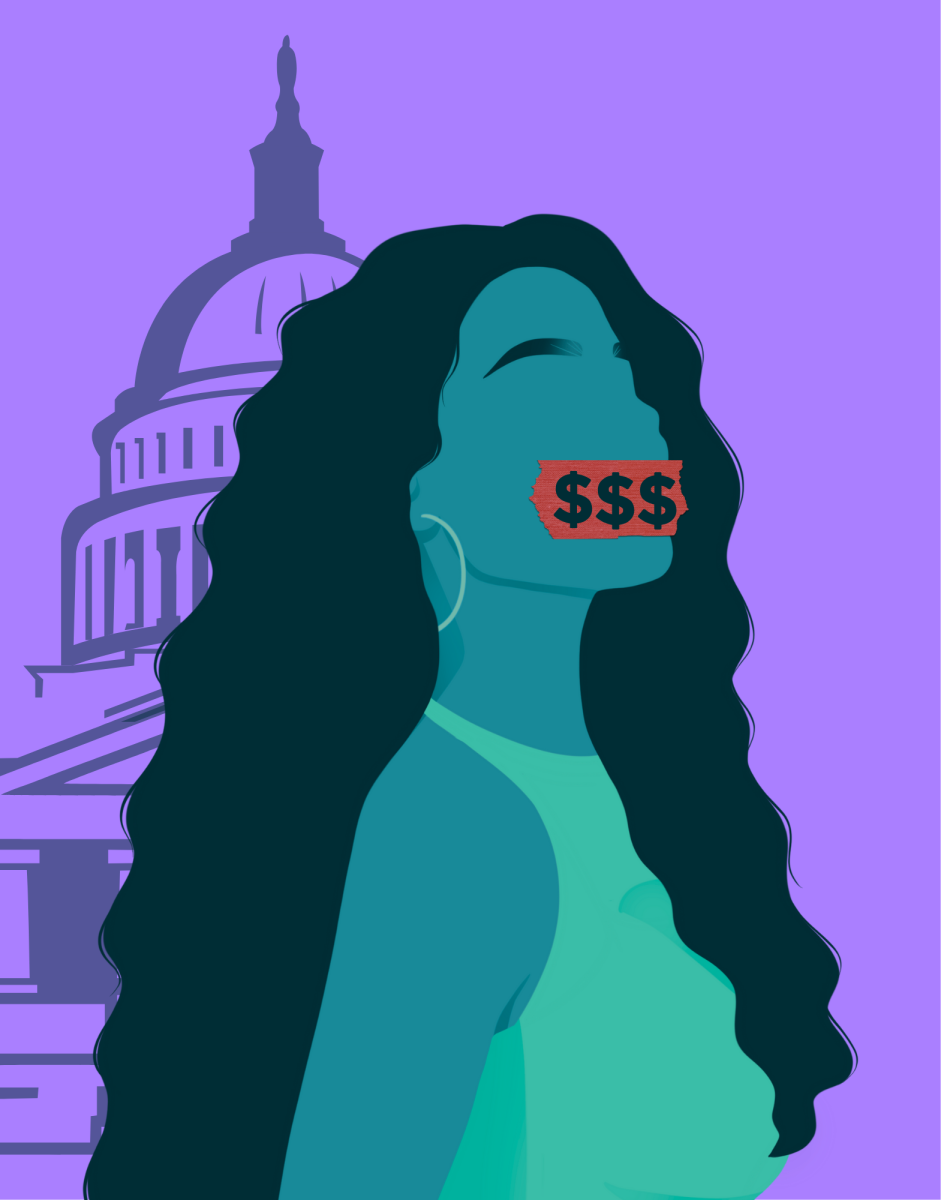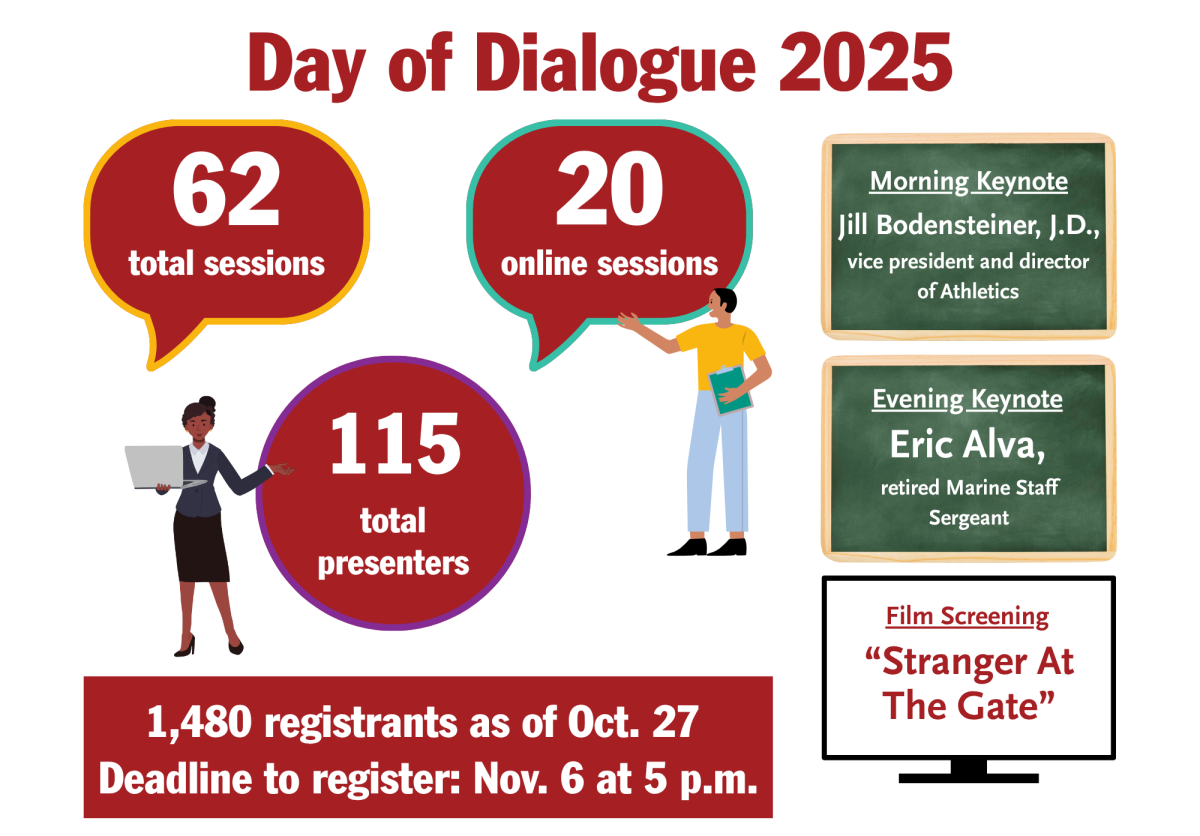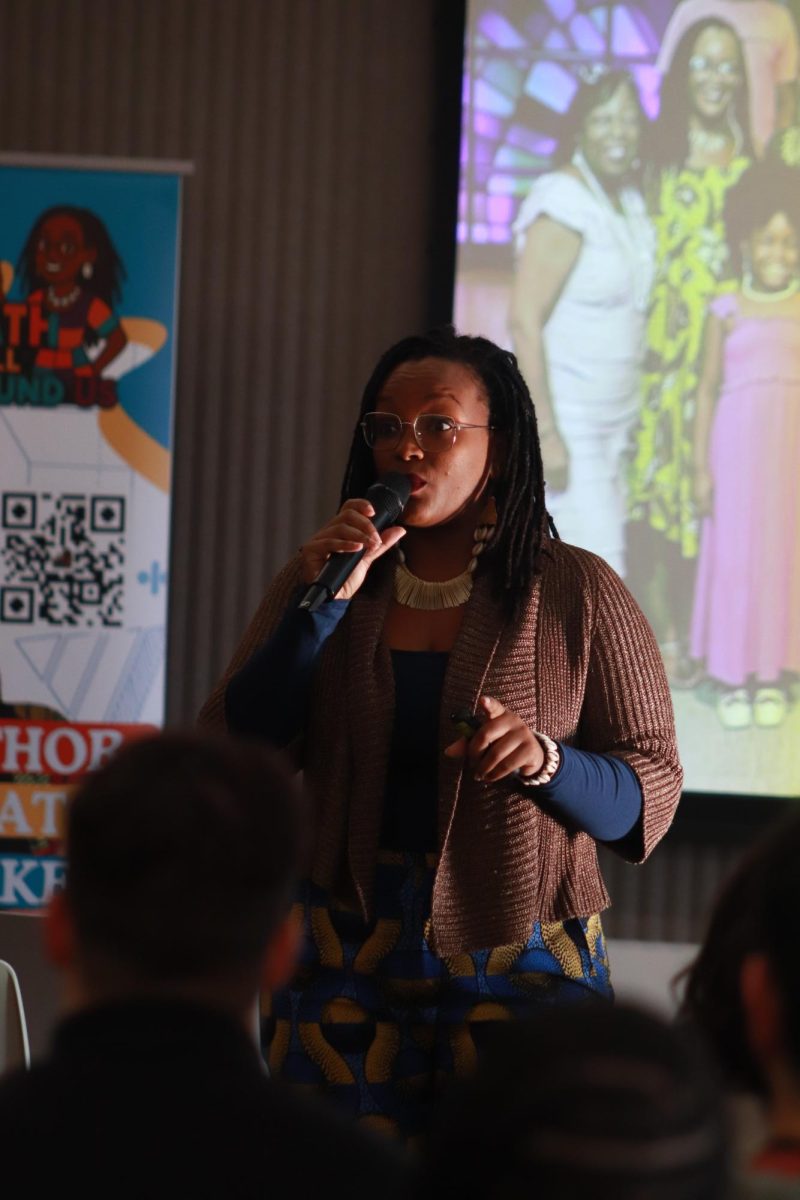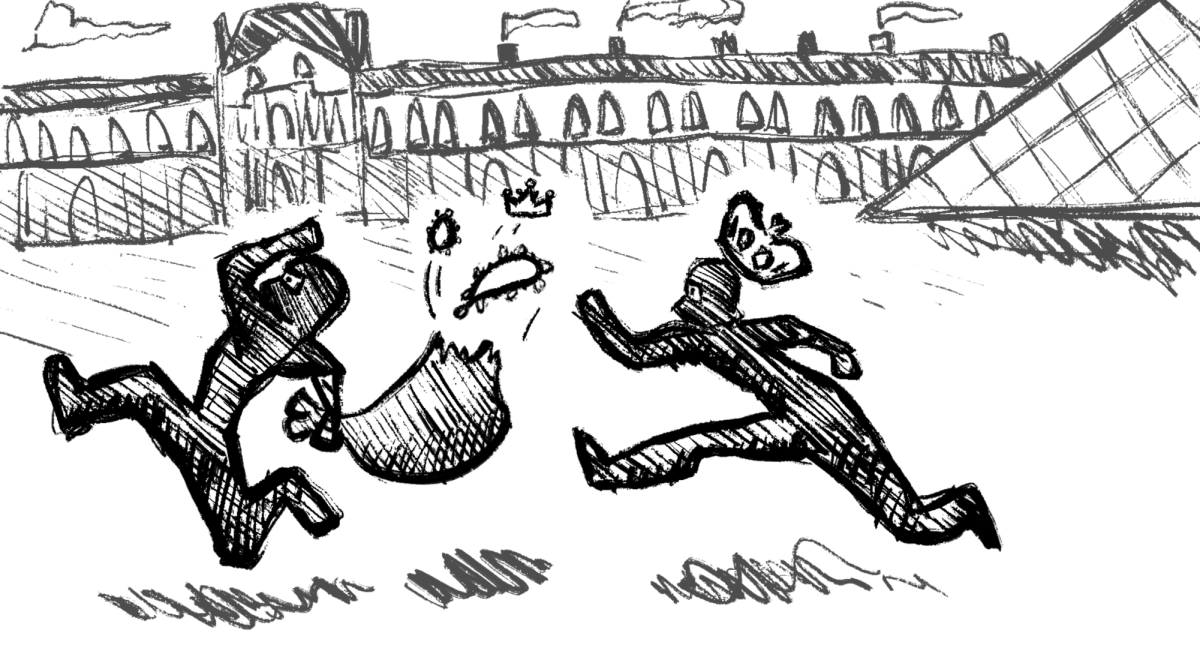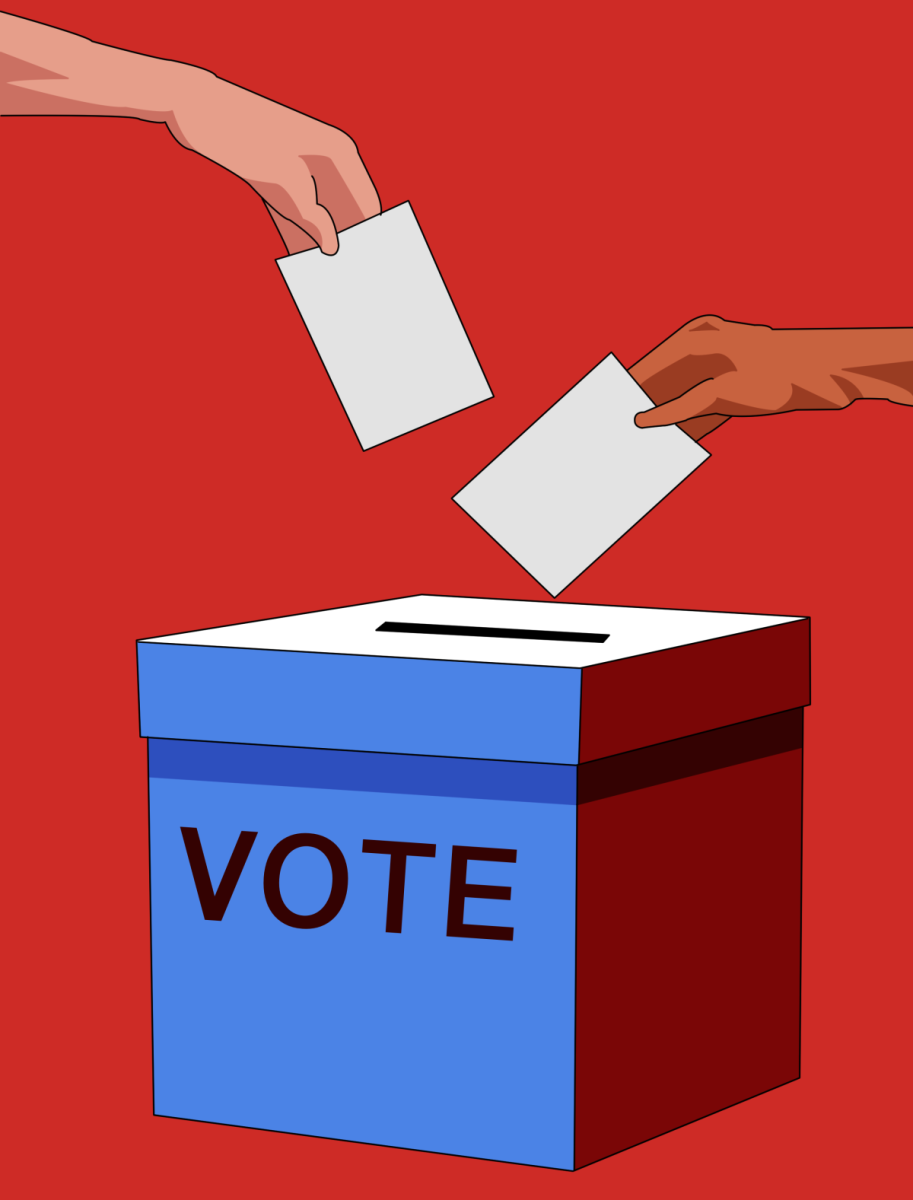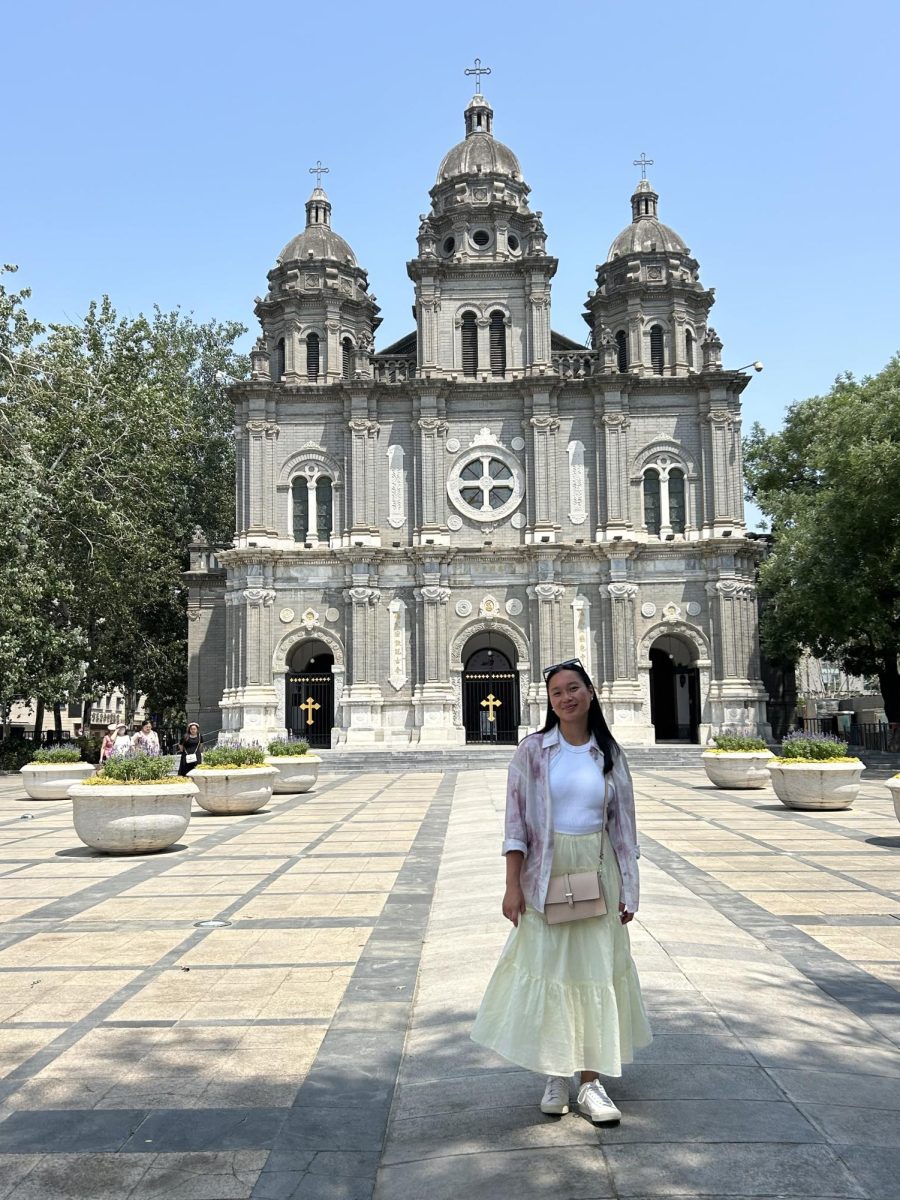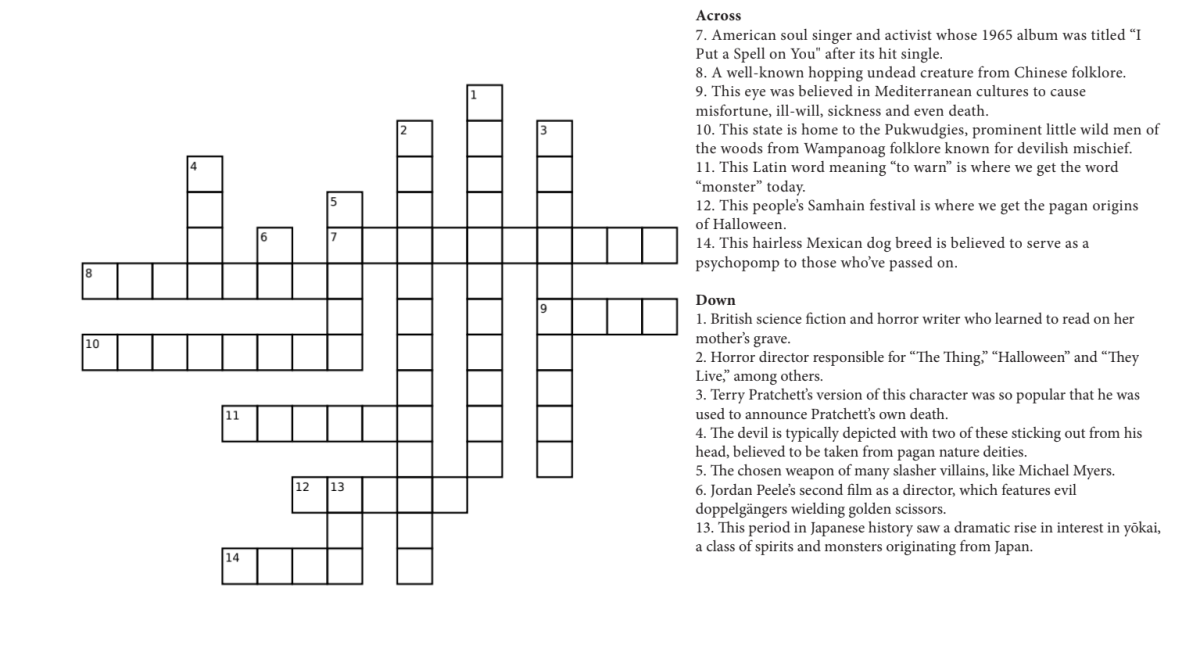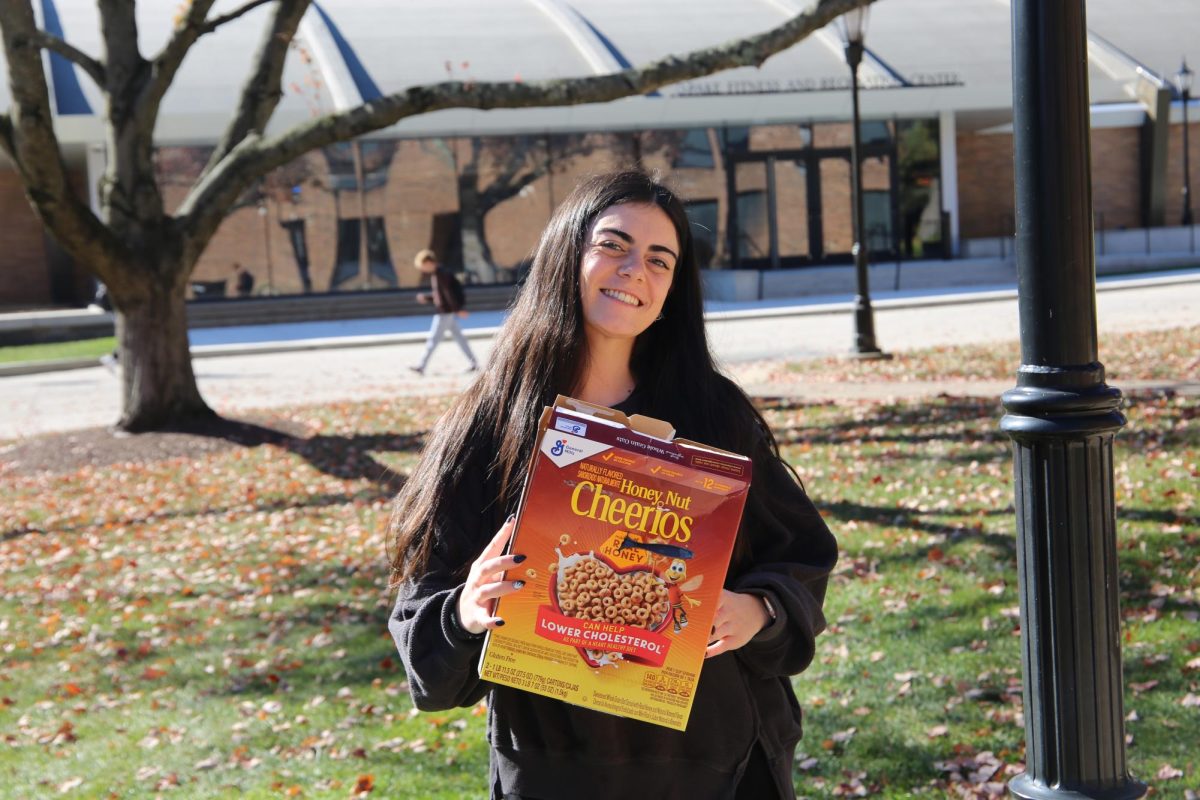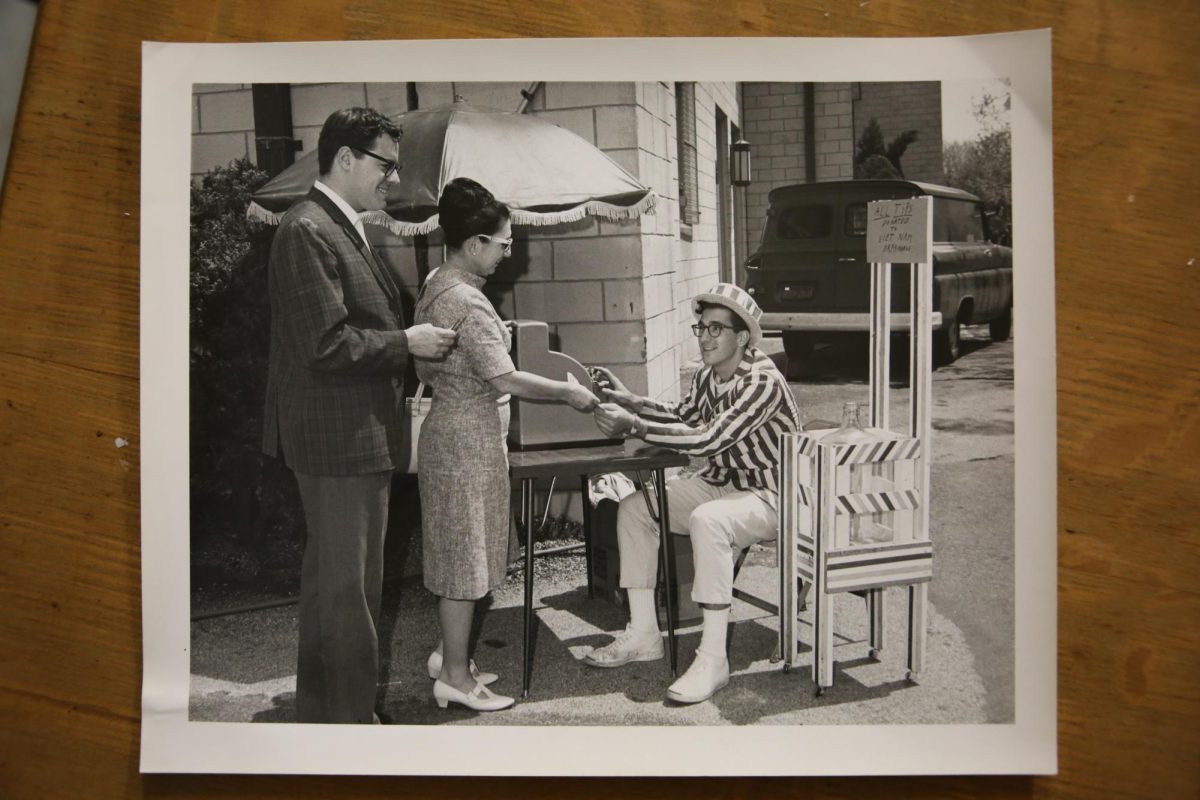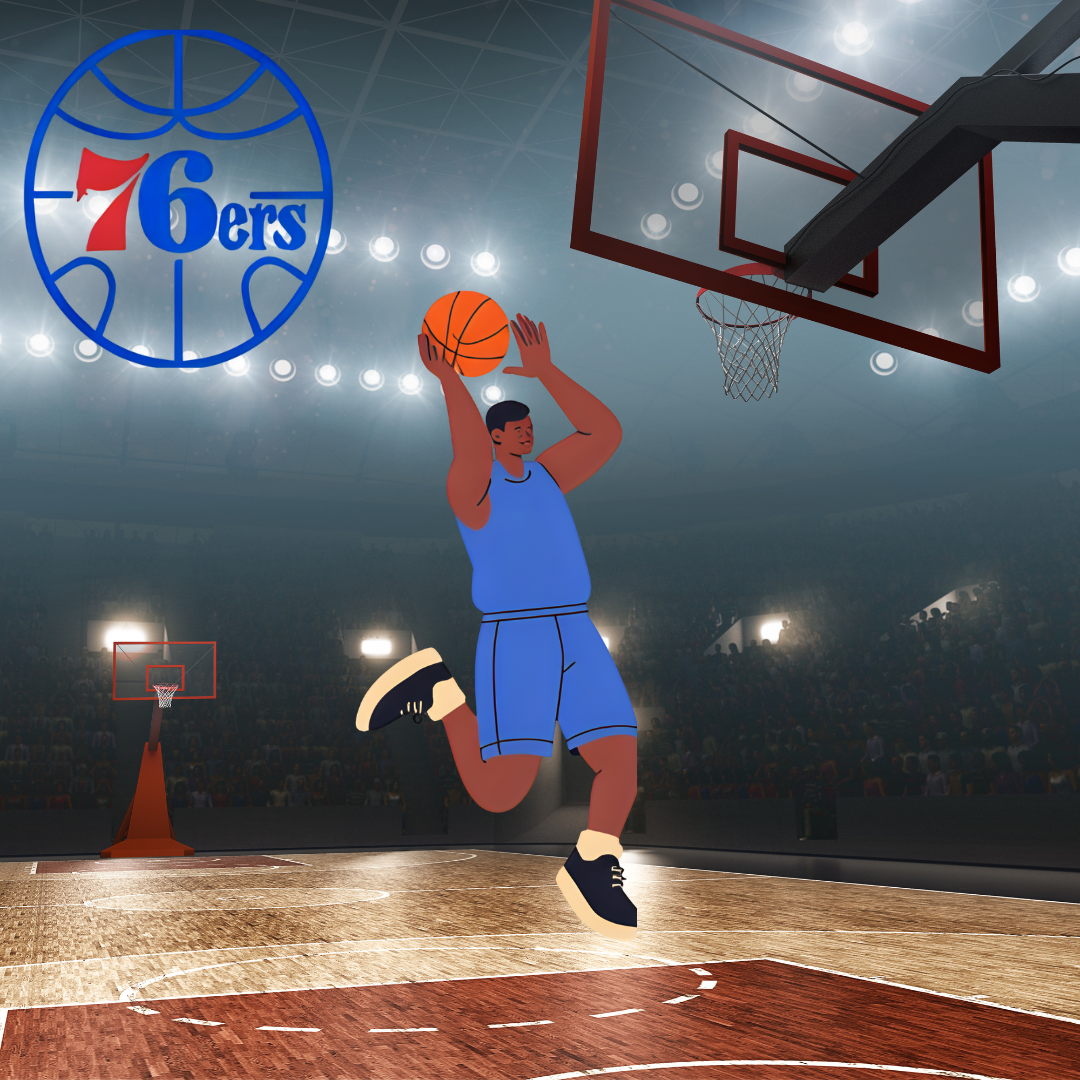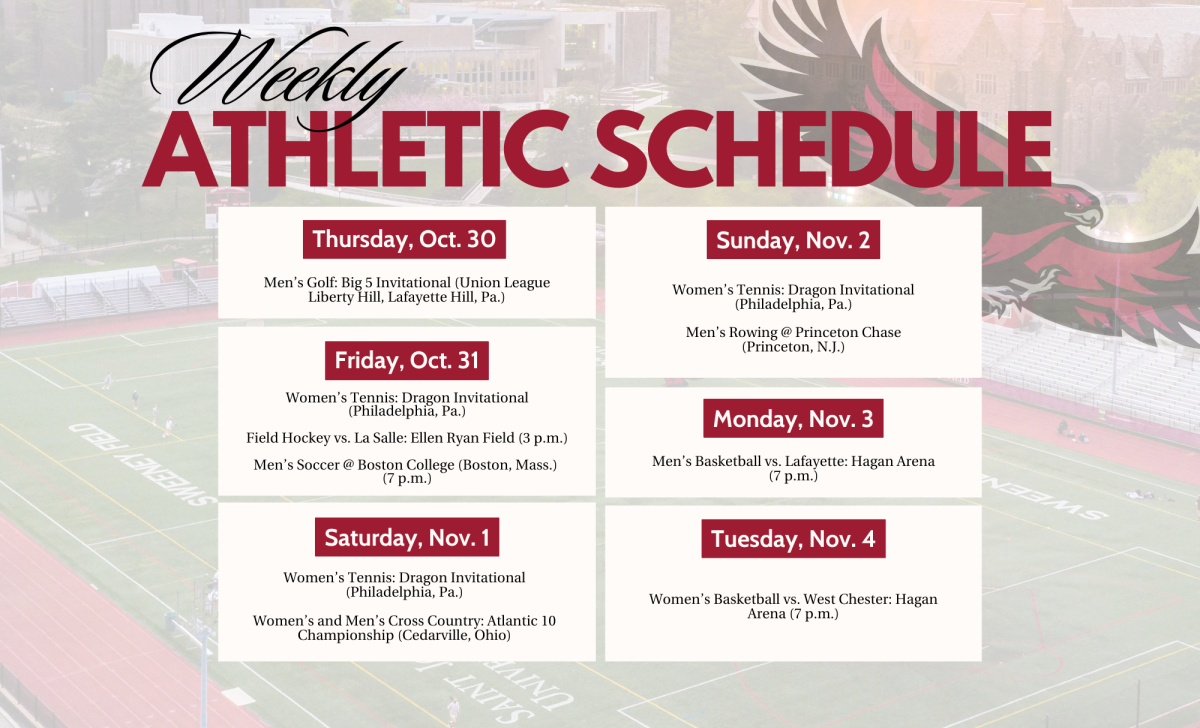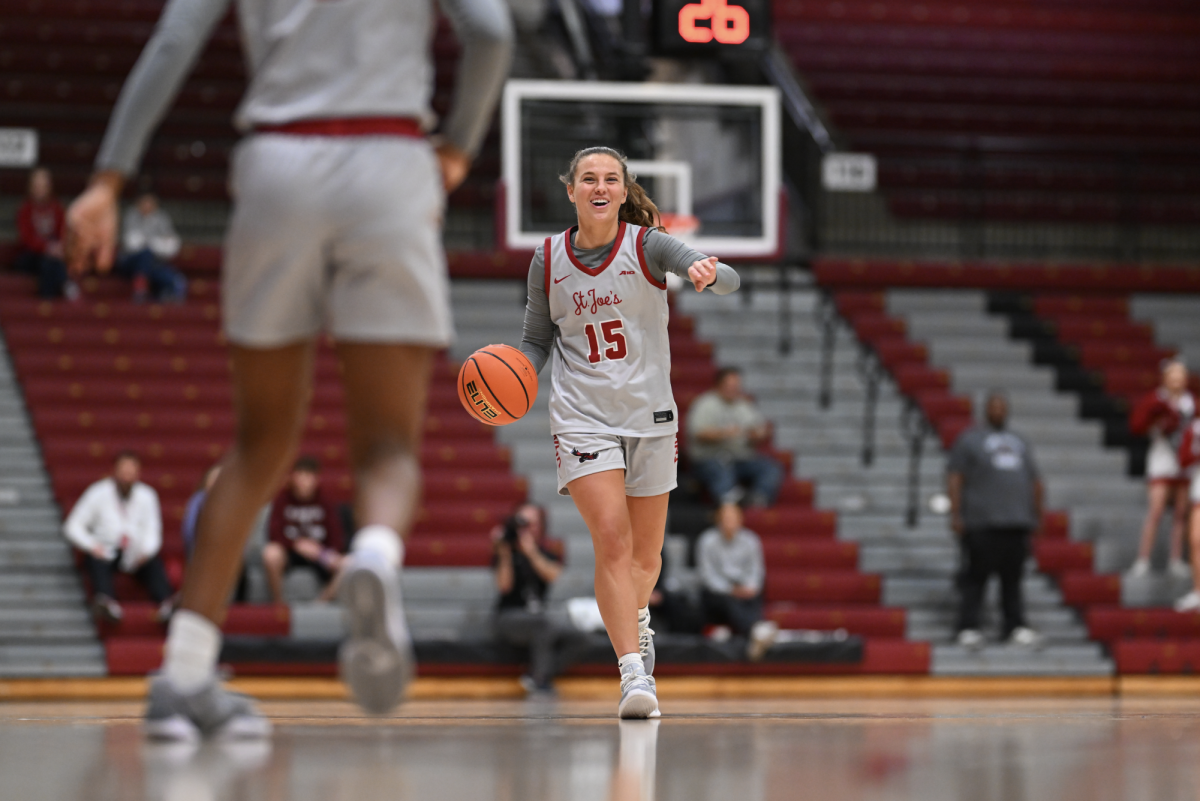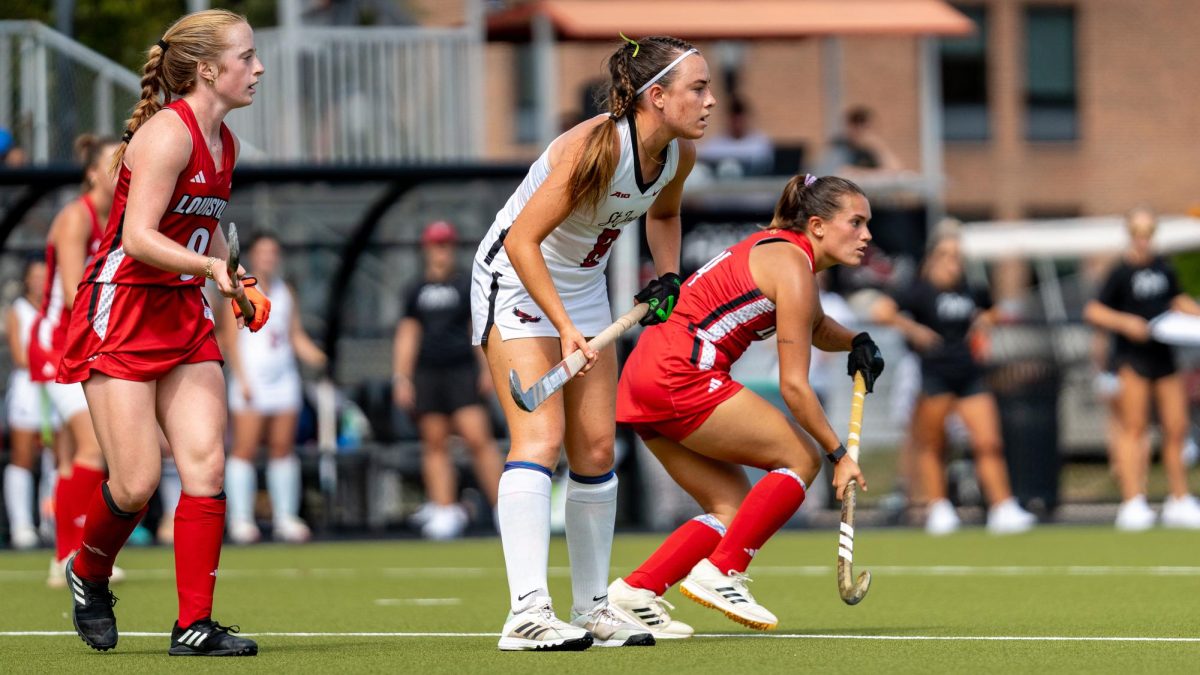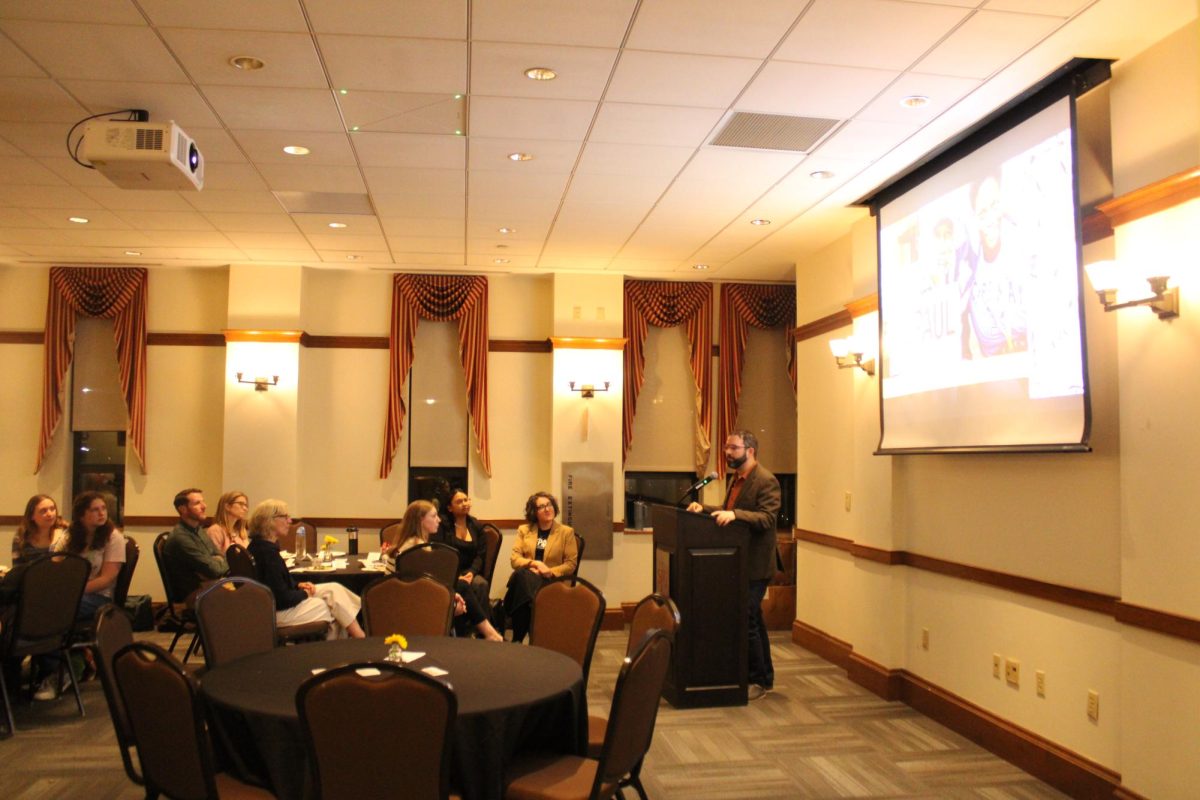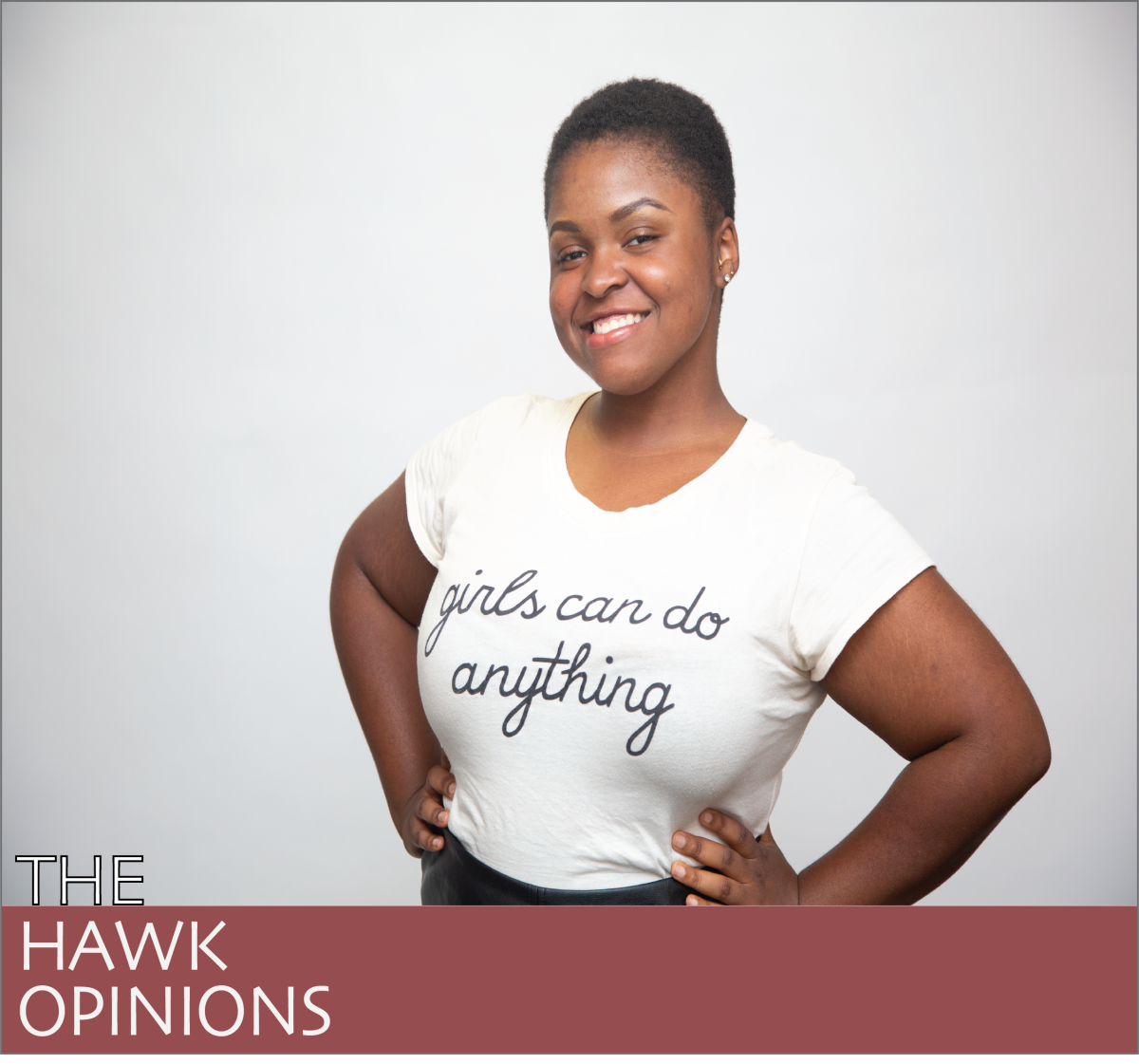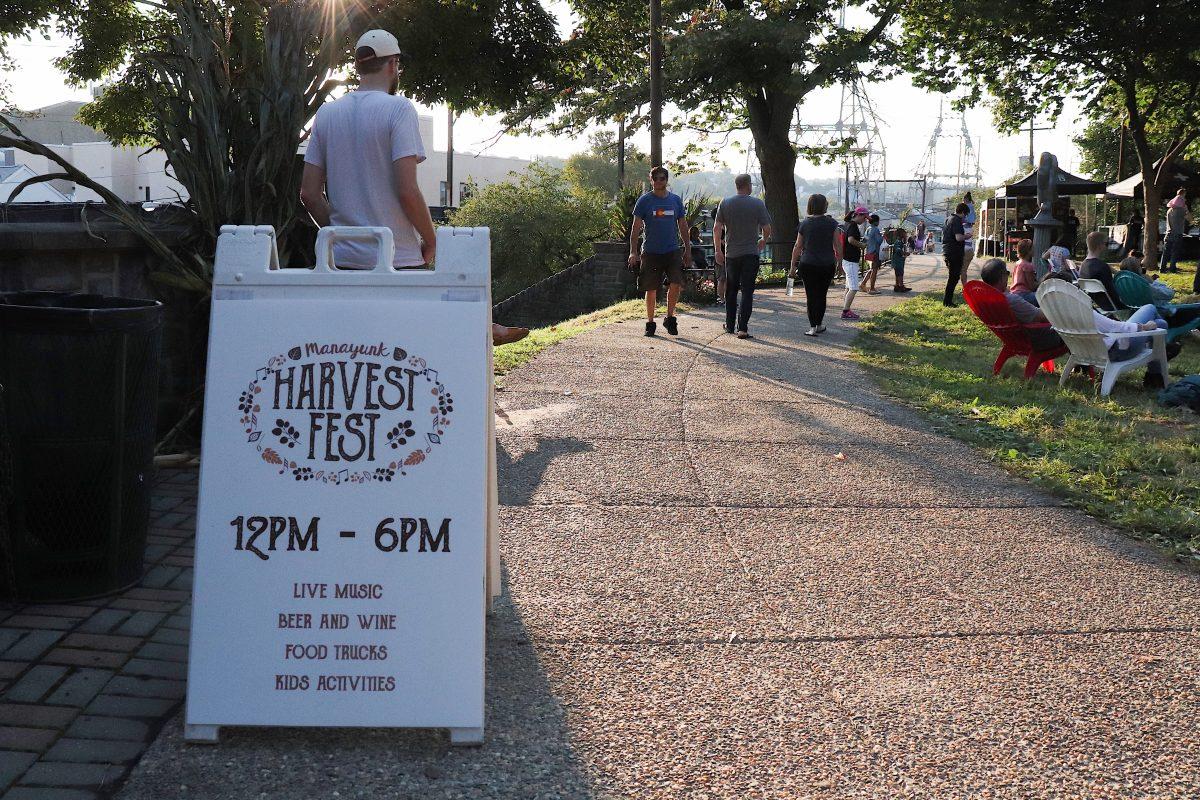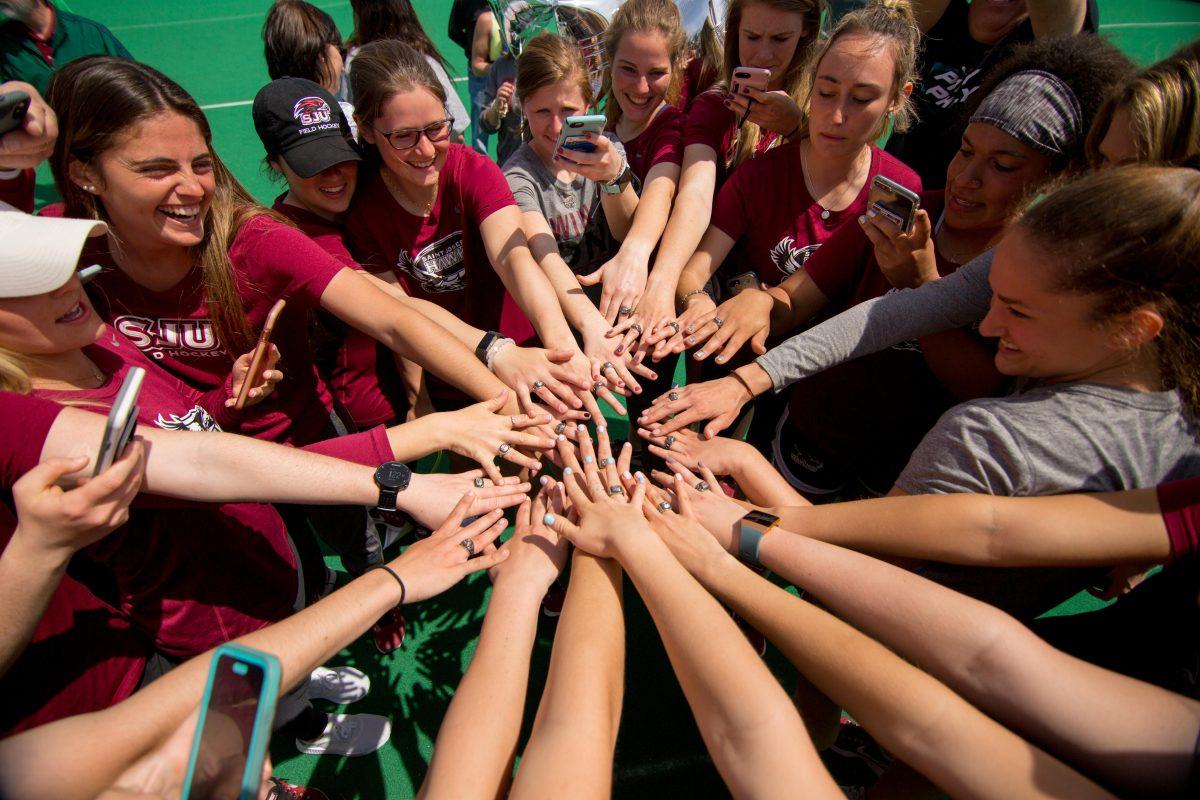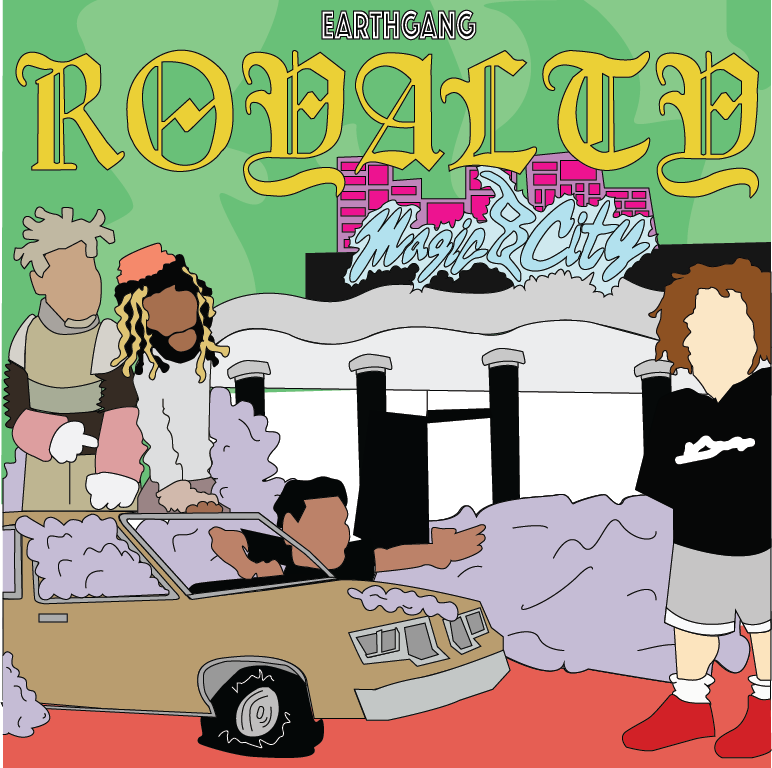The original purpose behind NFL protests
National Football League (NFL) players across the country are kneeling during the national anthem, in protest of police brutality and racial inequality in the United States. This movement, initiated by Colin Kaepernick in 2016, has raised questions about the appropriateness of such protests. While some appreciate the efforts made by these famous athletes, their protests have encountered many obstacles, such as teams facing shouts of criticism and fans burning jerseys or tickets. Many critics have claimed their methods are disrespectful to the flag and veterans, regardless of the substance of the protests.
In arguing over whether the players should kneel during the national anthem or not, we may have lost sight of the original point of the protests. Many of the athletes wanted to draw attention to the larger issues of race in our country, and at the very least, they got everyone talking. But the conversation has also gotten sidetracked.
The solidarity expressed by the teams and the NFL is important to recognize. As a Jesuit community, we should appreciate the willingness of these teams to stand by each other and protest injustice in our country. Reaching solutions requires that we first recognize the problem and work together. Advocating for a cause is about more than just starting a conversation; it should be a call to work for change.
Protest should have an end goal, with a specific call-to-action to help create change. While the initial controversy of kneeling has sparked conversation, currently there’s no foreseeable end or widely-known goal to the protests. What more will these players do to help break down the inequalities and injustices in America? We need to acknowledge that some players are working toward more concrete change in addition to the peaceful protests occurring on the field.
Malcolm Jenkins, a safety for the Philadelphia Eagles, has been demonstrating by raising his right fist while the national anthem is played before games, but Jenkins also knows that the players have to join their demonstrations with substantive work to achieve change. Along with other current and former NFL athletes in the Players Coalition, Jenkins has led with advocacy work through lobbying Congress for criminal justice reform and police transparency.
In Pennsylvania specifically, Jenkins is raising awareness and support for the Clean Slate Act, which would allow the automatic expungement of nonviolent misdemeanors from criminal 10 years after they occur. Fellow Eagles players have supported Jenkins in both his demonstrations and his advocacy work, including defensive end Chris Long, who is white. Long has joined Jenkins in his efforts even after originally disagreeing with his demonstrations. Jenkin’s advocacy, along with the work of criminal justice and Black Lives Matter activists, helps enact reform and raise awareness.
While change on the national and state level could have far reaching effects, there is plenty of work to be done in our campus’s local community. Despite continued efforts on the part of local citizens, the city of Philadelphia has a long history of tension and violence between the police and marginalized communities, particularly the city’s large African-American community. In Philadelphia, the police force is disproportionately white, about 57 percent, and heavily male, about 83 percent. From the MOVE bombing in 1985, to the tenure of Commissioner and Mayor Rizzo to continuing tensions today, the communities that the Philadelphia police serve are often victimized and endangered by that same force. Many students who are from Philadelphia might be well aware of that.
Yet as a campus community whose students are 83 percent white and from all over the country, most of us probably don’t know the scope of racial tensions either in the city of Philadelphia or on our own campus. Many of us know the names of those who have been shot and killed by police in other places—the names of mostly African-American teenagers and men like Michael Brown, Freddie Gray, Eric Gardner and Philando Castile. But how many of us know the names of the countless people shot and killed by police in Philadelphia, like Brandon Tate Brown in 2014 and David Jones in 2017?
For many members of the Saint Joseph’s community, discrimination and marginalization are part of their daily reality, yet many white students may be surprised to learn that black students face marginalization at all levels of their school experience. For example, some minority students expressed concerns about their treatment on campus, especially by Public Safety; some students have gone so far as to constantly wear St. Joe’s gear in an attempt to prove they belong on campus. It’s important to recognize the powerful effects and dynamics of racial privilege even in our own community.
It’s hard for many of us to conceptualize the injustices of racial inequality, especially during encounters with the police. While it may be difficult to empathize with those affected by this issue, it is our responsibility to recognize the problem, stay informed about racial injustice and support calls for reform.
Politics is seeping into our culture, because there are pervasive issues like racial inequality that we cannot ignore, no matter how much we might want to escape from them. Instead of arguing the legitimacy of political protests in popular culture, we need to do more to listen to the voices of those who do not have the same privilege to escape racial inequality.
We recognize that even as we question what more we can do to reduce inequality, we, as a mostly white news staff, also cannot possibly imagine how these issues affect our fellow community members. Instead, we want to draw attention to the inequality present not only in our country, but right here on our campus. In our efforts as a newsroom to cover the major problems facing both our community and our country, we will continue to try to amplify the voices of students who can speak to these issues from a variety of different perspectives.
– The Hawk Staff

